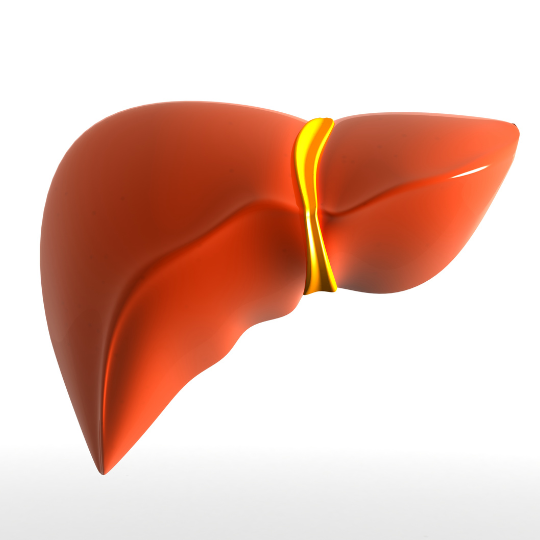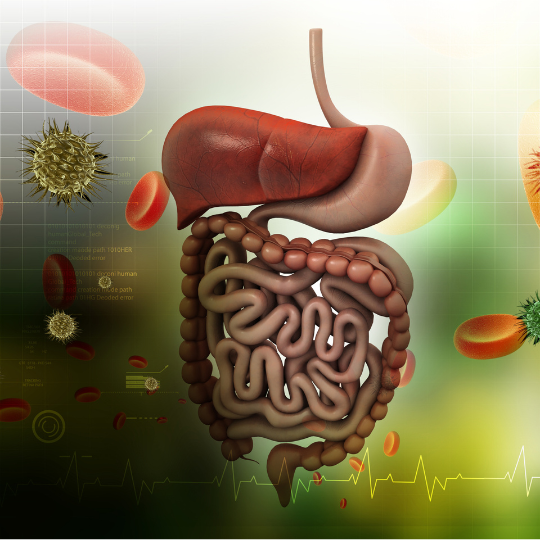Ellagic acid is a naturally occurring compound found in various fruits and vegetables, including berries, pomegranates, and walnuts. It is known for its antioxidant and anti-inflammatory properties, and has been shown to have potential health benefits including cancer prevention and improvement of cardiovascular health. This tackles 2 of the 4 killer pathologies that should be contained by any centenarian wanna be.
Let’s get specific
One way in which ellagic acid may exert its beneficial effects is through its conversion to urolithins in the body. The metabolic pathway for this conversion involves the action of gut microbiota on ellagic acid, which is first converted to ellagitannins; these are further converted to urolithins, which can be classified by the number of contained hydroxyl groups as can be seen below:

There are three main urolithin metabotypes that have been studied: 0, A, and B. These metabotypes refer to the specific types of urolithins produced in the body, and are determined by the types of gut microbiota present:
- in metabotype A only urolithin A conjugates are produced and this is the most frequently met
- metabotype B produces isourolithin A and/or urolithin B in addition to urolithin A
- finally, the least frequently met is metabotype 0, in which these urolithins are not detected
It has been observed that the distribution of urolithin metabotypes changes with age. In young individuals, metabotype 0 is more common, while in older individuals, metabotypes A and B are more prevalent. This shift in metabotype distribution may be due to changes in the gut microbiota that occur with aging.
So why in the pomegranate should you care?
There is evidence to suggest that the different urolithin metabotypes may be associated with differences in cardiovascular disease (CVD) risk. In particular, it has been suggested that individuals with metabotype B may be at a higher risk of CVD compared to those with metabotype A. This may be due to the fact that isourolithin A and/or urolithin B could have pro-inflammatory effects, whereas urolithin A has been proven to prevent age-related diseases, including cardiovascular.

To reduce CVD risk, there are certain nutritional interventions that may be recommended based on an individual’s urolithin metabotype:
- for those with metabotype 0, consuming foods rich in ellagic acid such as berries and pomegranates may ‘force’ urolithin A production
- for those with metabotype A, it may be beneficial to focus on foods that promote the growth and maintenance of anti-inflammatory gut microbiota, such as fermented foods and prebiotics
- finally, for those with metabotype B, a diet rich in antioxidants and anti-inflammatory compounds may be helpful in maintaining cardiovascular health. These also include pomegranates which have been shown for individuals belonging to the B metabotype to improve their blood lipid profiles. What’s more, for these people, specific probiotics may help them optimize their gut microbiome for a favorable metabotype shift.











